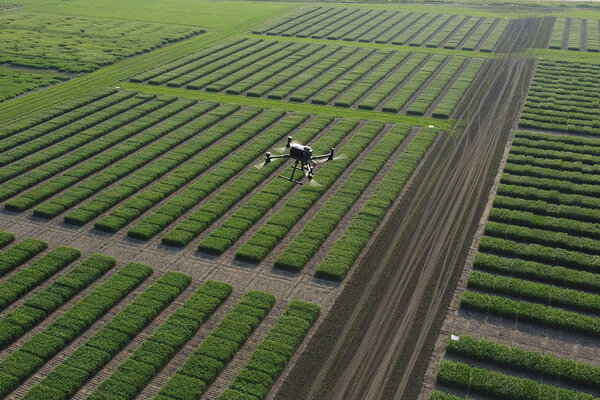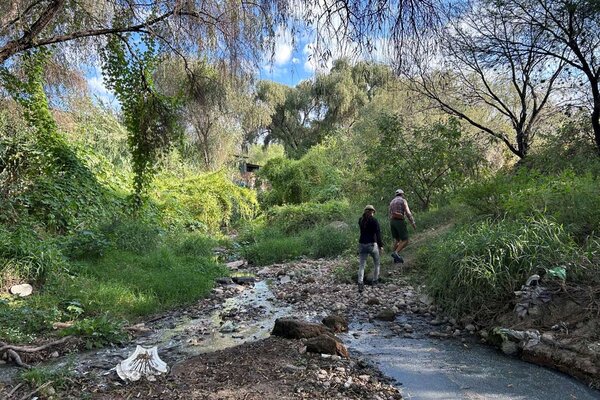
Chemistry professor to make pitch during Dragons’ Den season premiere
Excir Works develops innovative process for extracting gold from electronic waste
By Shannon Boklaschuk
University of Saskatchewan chemistry professor Stephen Foley will make his reality television debut on Sept. 20 on CBC’s Dragons’ Den.
The Dragons’ Den program provides opportunities for aspiring entrepreneurs to pitch their business concepts to a panel of Canadian business moguls who have the money and the connections to bring the ideas to fruition.
On the season 13 premiere episode, Foley—along with business partner Graham Fritz and Foley’s former students and current business partners Hiwa Salimi and Loghman Moradi—will make a pitch related to an innovative process for extracting gold from electronic waste. The scientists, from the Calgary-based start-up Excir Works, will seek $1 million in exchange for 10 per cent of the company.
Foley said he pursued the Dragons’ Den opportunity “on a lark” by submitting an online application.
“I actually wasn’t sure if it was a good idea—because it’s reality television, right? This is the kind of thing the Kardashians do, so I suspect everyone’s just going to make fun of me for going on there,” said Foley.
“I just thought it would be interesting to try. I never thought we’d actually get on, as what we have is a process, not a thing. We don’t have a new chair or a new table for people to invest in; we have a process, so it’s a little more complicated to visualize. How do you invest in a process? Our end product is gold, but the gold’s already there—we’re just trying to get it out and convert it into a form that people can hold in a pure form.”
Excir Works’ core technology was first discovered at the U of S in 2016. The process uses a vinegar solution to extract gold from electronic waste, such as circuit boards.
“We have a system that selectively extracts the gold, leaving all the other metals behind,” said Foley, who estimates it will cost about $200 to recover one kilogram of gold, which he values at about $50,000.
“That’s just a theoretical number, not including people power or reactor designs or anything like that,” he added.
Excir Works was established in Saskatoon in March 2017 with the goal of becoming a major precious metal recycler. The company, which relocated to Calgary in December 2017, aims to have an environmental and social impact, as electronic waste is the fastest-growing waste stream on Earth. However, e-waste also contains valuable metals, such as gold, palladium, silver and copper.
“We realized not many chemists in the area are looking at this, so we thought this is an area where we could really apply our background training to possibly develop new and more efficient processes,” said Foley.
So will Foley’s pitch be golden? Will Excir Works receive $1 million? Be sure to tune into Dragons’ Den to find out.


